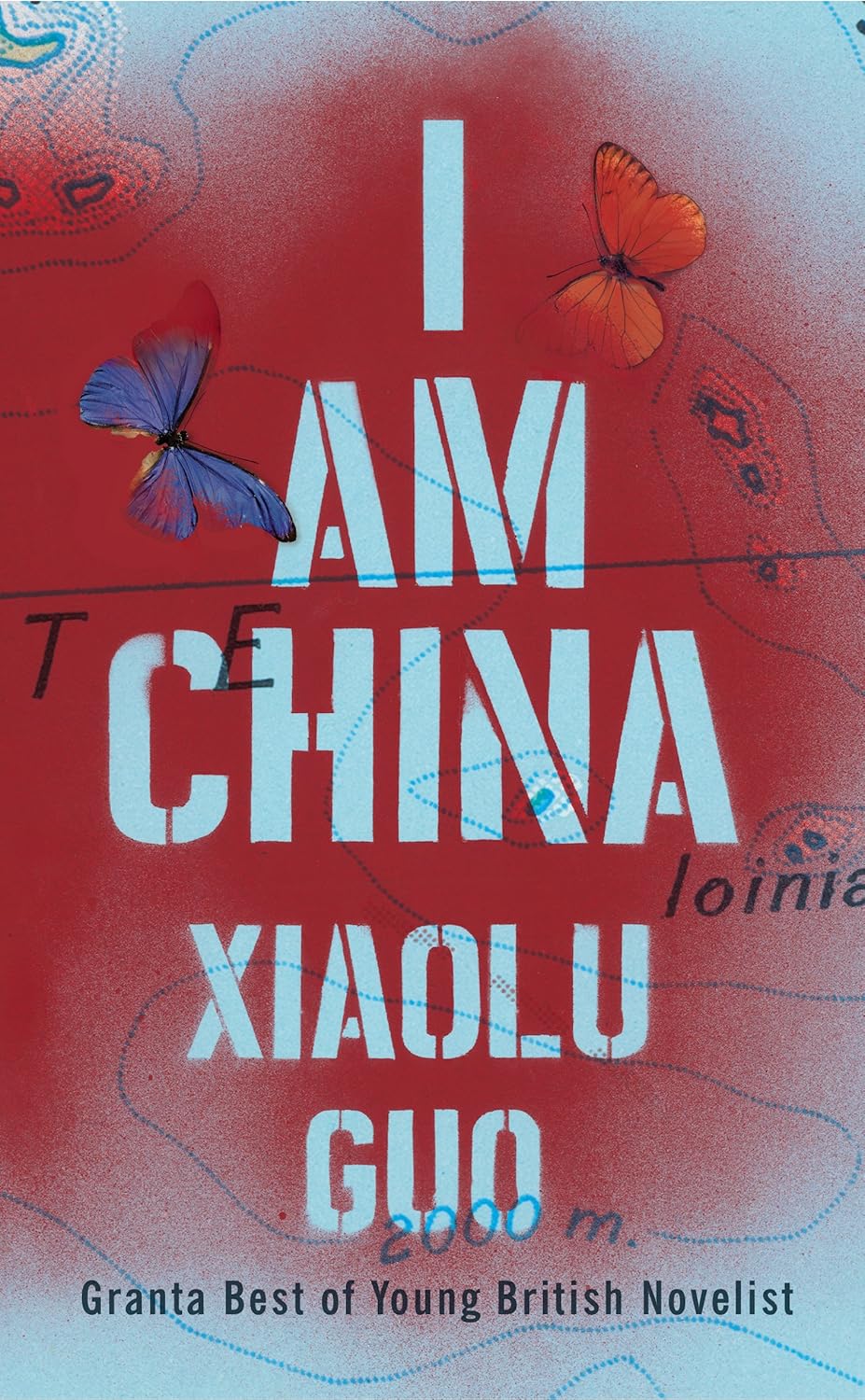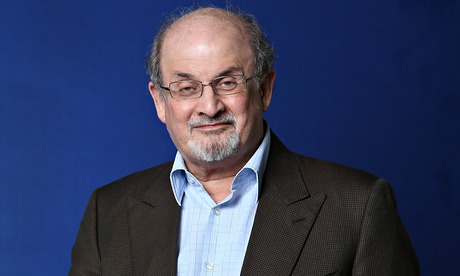Susan Barker’s newly-published novel The Incarnations is the book club pick
for July – see the previous post for a plot summary. Susan was born in the UK, to a
Chinese-Malaysian mother and an English father.
As an adult, she moved to Beijing, where she spent several years
researching ancient and modern China, before returning to the UK. She then
moved back to China, to Shenzhen, and she currently lives in Beijing. Her
earlier novels are Sayonara Bar, about
a graduate student from England who takes a job at a hostess lounge in Osaka, and
The Orientalist and the Ghost, which
explores Malaysia’s 1950s Communist insurrection, and its continuing impact
down to the 1990s. All Susan’s novels
are published by Doubleday. The
Incarnations is available in hardback, priced in local currencies.
Here Susan answers some questions I put to her by
e-mail.
What
drove your return to China, after you moved back to the UK? Why are you
currently based in Beijing?
I moved to Shenzhen in June 2012, to stay with my
boyfriend who was working for the Chinese tech company Huawei. We lived in the
industrial suburbs in the north, where Foxconn and Huawei are. I lived in
Shenzhen for about 20 months. My boyfriend quit Huawei this past March, and we
moved to Beijing. Shenzhen was really interesting. It is a city of migrants,
everyone comes from another province, so I met people from all over China.
While
you were working on The Incarnations
did you ever feel that writing in English distanced you from your characters
and subject matter? If so, how and why?
I’ve been studying Mandarin since mid-2007 when I
first moved to Beijing, but am far from fluent. I don’t feel writing the novel
in English distanced me from my characters or subject matter though. Language
is a medium of expression, and that which is expressed, i.e. the characters’
thoughts, emotions and behaviour, does not vary much with the language that is
used. There are surface cultural and sociological differences between China and
the UK that I took into account when writing my characters, but I don’t see
these differences as being predicated upon language. Linguistically, my
characterisation and dialogue is not very different from many Chinese novels
that have been translated into English. Of course, I avoided using overly Western
slang and colloquialisms.
Is
a Chinese translation likely? If so, would you want any input into the translation?
I would love for The Incarnations to be translated into Chinese. In the past
when my novels have been translated into another language I had minimal or no
involvement. I think it is best to let the translator have free reign.
What
drew you to write about reincarnation?
When I started researching and writing The Incarnations in 2007, I knew I
wanted to write a novel set in contemporary Beijing, as I was interested in
urban China and the speed of development and social change. I was also
fascinated by Chinese history, which is rich with narratives of revolution and
war and the rise and fall of emperors, and I knew I wanted to write stories
from different historical eras and weave them into the modern-day narrative.
At the risk of demystifying the novel and writing
process, the idea of reincarnation in the novel was initially a narrative
device; a way of structuring the novel and bringing together all of my separate
research interests in China past and present. But over the years, as I wrote
draft after draft of the novel, the reincarnation aspect gained substance and
became the essence of the book.
The idea of reincarnation and recurring souls also
links to one of the major themes of the novel, which is the cyclical nature of
history. The taxi driver Wang Jun keeps repeating the same destructive mistakes
in each of his past lives, due to innate flaws in his nature (wrath,
self-interest, possessiveness, jealousy) that recur life after life. History is
repetitious too, with the same large-scale destructive power struggles playing
out generation after generation, arising from the same innate human flaws.
Do
you believe in reincarnation? Do you believe you have had earlier
incarnations? If so would you be willing to give details? … Or do you
think asking you about your own beliefs about reincarnation is like asking a
crime novelist if they’d ever commit murder?
I am not sure whether or not I believe in
reincarnation. Perhaps I do in my more irrational moments, but it’s a vast leap
of faith to believe you’ve had past lives. My sister once met a medium when we
were teenagers, who said that she (my sister) and I have been linked together
for several past lives, but obviously I am sceptical.
Was
it daunting writing about 1000 years of Chinese history? Did you ever feel
overwhelmed by history?
The
Incarnations has five historical stories
(ostensibly the five past incarnations of the main character, the taxi driver
Wang Jun). The first story is set during the Tang Dynasty, the second story is
set during the invasion of Genghis Khan, the third is about imperial concubines
during the Ming dynasty, the fourth is set during the Opium War, and the last
story is about Red Guards during the Cultural Revolution.
When I started writing the novel in 2007, I knew I
wanted to include historical stories, but I wasn’t sure which eras I would
write about. So I read books that gave a broad overview of Chinese history from
the Qin dynasty to Chairman Mao, and when I came across a historical period or
figure who was especially interesting to me, I would deepen my research in that
area (i.e., find every book I could on the subject). As I read and made notes,
ideas for plot and characters would surface from my research, and I would
proceed from there.
I was slightly daunted by the amount of research I
had to do for each historical story, but at the same time, I like being
challenged and immersed in a long project. I had no idea that The Incarnations would take six
years to write though – I thought it would be three years at the most. I
definitely would’ve been overwhelmed if had I known back in 2007 how long it
would take to write this book.
Were
you worried about the historical accuracy of your novel, or not?
As well as Chinese history the stories are
influenced by Chinese folklore and superstitions, and as a result are quite
surreal and fantastical in places. As a fiction writer I don’t feel constrained
by historical fact in the same way a historian would be. I was able to take
inspiration from historical incidents like the Mongol invasions or the Opium
War and build on them creatively. The stories do deviate from historical fact,
but this did not concern me.
Why
should readers read The Incarnations?
I hope that the sections in contemporary Beijing
offer a snapshot of urban China, and that the historical sections offer a
glimpse of each era (though, as stated above, The Incarnations is nothing like a history book). I really
believe that the reader should be entertained, and wrote the plot(s) with that
in mind, and was inventive with my use of language. Characterisation is really
important to me too, and I worked hard to make sure my characters are
multi-faceted, and psychologically and morally complex.









